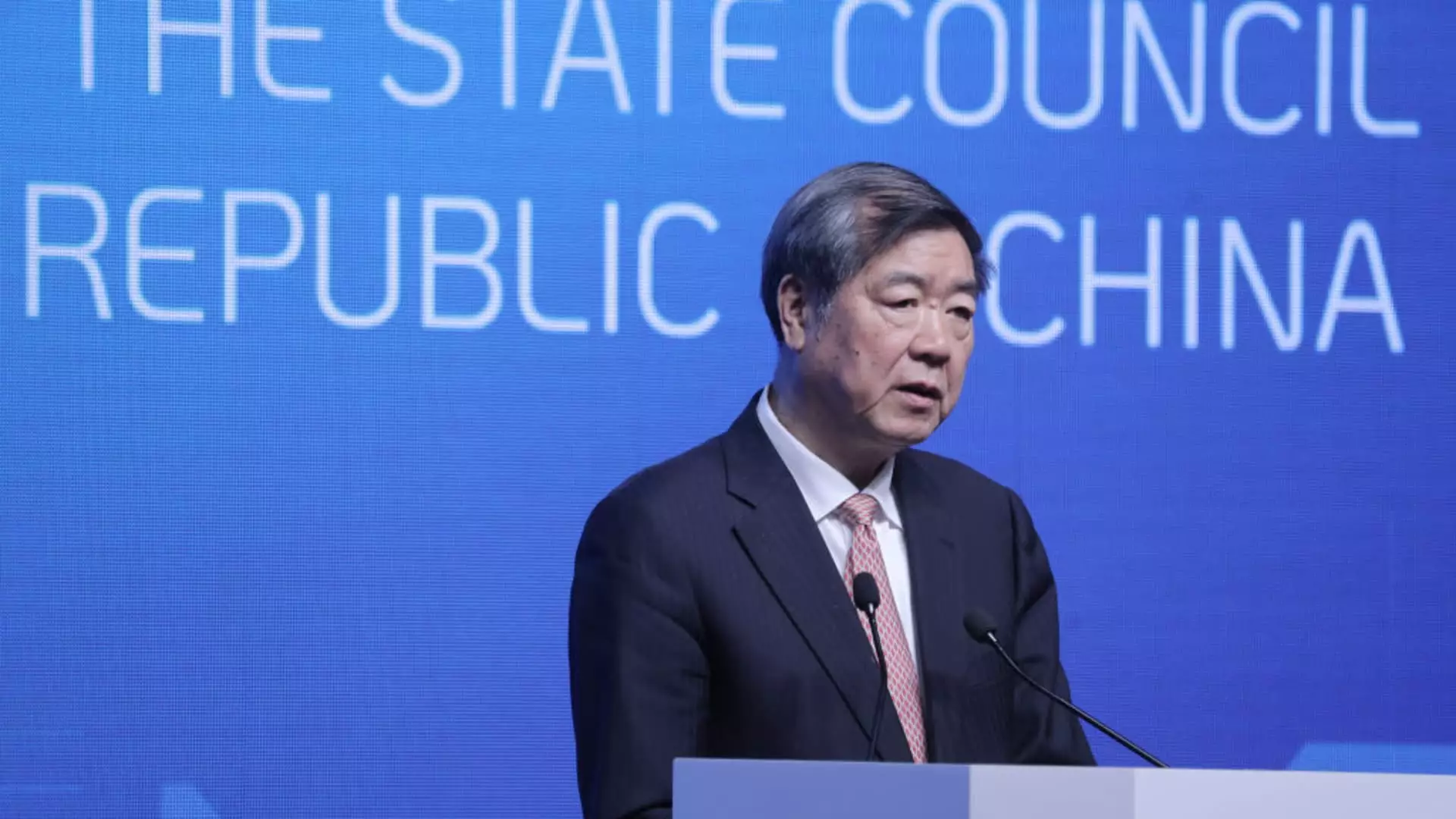Hong Kong, once a vibrant hub of global finance, faces a host of challenges that have dampened its economic prospects. The recent remarks by Chinese Vice Premier He Lifeng at the Global Financial Leaders Investment Summit reflect an urgent need for strategic transformation. He urged for investments aimed at enhancing Hong Kong’s competitiveness through innovation and supportive policies. This article examines the implications of His statements and the broader economic landscape of Hong Kong, as it seeks to redefine its place in the international financial framework.
During the summit, Vice Premier He Lifeng highlighted Beijing’s ongoing commitment to transform Hong Kong into a premier international financial center. His assurance of increasing investments directed towards innovation signals a pivotal shift in strategy. Historically, Hong Kong’s economic health has been closely tied to its adaptability, particularly in leveraging technological advancements to enhance financial services. In a landscape marked by rapid digitalization, fostering innovation is no longer optional; it is essential for survival.
At the heart of He’s message was the acknowledgment of the challenges Hong Kong faces, including a significant drop in IPO activity and a stagnating market. The data revealing a substantial 16% decline in proceeds from IPOs in the first half of the year paints a bleak picture. However, His optimistic assertion that the economy is on an “upward trajectory” suggests that government intervention and stimulus measures may soon bear fruit.
The Interconnectedness with Mainland China
Li Yunze, the minister of China’s National Financial Regulatory Administration, echoed the sentiment of interconnectedness between Hong Kong and mainland China. The stark reality is that nearly 80% of mainland companies seeking to go public offshore choose Hong Kong as their destination. This statistic underscores the strategic importance of maintaining a robust connection with mainland enterprises to attract investment.
Moreover, Wu Qing, head of China’s securities regulator, emphasized ongoing efforts to draw foreign investment, a vital component for Hong Kong to regain its previous stature. However, the recent trends—characterized by major banks scaling back operations and job cuts—illustrate the urgency required in these endeavors. The resilience of Hong Kong’s financial sector will depend on collaborative initiatives that extend beyond merely attracting mainland capital; it requires creating an environment conducive to global investors.
Market Challenges and Recovery Prospects
The economic landscape in Hong Kong has undoubtedly been turbulent. The long-standing exodus of capital and the declines in major stock indices, particularly the Hang Seng, have raised alarm bells. Struggling for stability, the financial markets have encountered severe challenges, largely attributed to external economic pressures, regulatory uncertainties, and escalating geopolitical tensions.
Yet, amidst these adversities, there are signs of potential recovery. Operators of Hong Kong’s stock exchange noted positive developments in the third quarter, aided by Beijing’s prompt stimulus measures. This adaptable response is crucial, as the power of monetary policy can steer the economy back on course. As Vice Premier He emphasizes the need for a renewed focus on building a dynamic investment atmosphere, it is critical for local policymakers to respond with agility and foresight.
In a bid to enhance competitiveness, recent regulatory changes, including lowering the capital threshold for foreign investors, signify a strategic pivot towards international collaborations. Allowing foreign individuals to invest in publicly-listed companies reflects a broader understanding of global economic interdependence. This move could open doors for international capital flow, stimulating market activity and enhancing liquidity in Hong Kong’s financial system.
Furthermore, pledges from key Chinese figures, such as PBOC Governor Pan Gongsheng regarding continued accommodative monetary policy, reveal a deliberate strategy to harmonize domestic and international financial landscapes. Such a strategy is essential for fostering investor confidence and reversing the trend of capital flight from the region.
The challenges Hong Kong faces are significant but not insurmountable. By capitalizing on its unique position within the Asian financial ecosystem and nurturing its ties with mainland China, Hong Kong can redefine its strategy to attract investment and strengthen its financial sector. Vice Premier He’s assessment and the subsequent measures introduced herald a pivotal moment. The success or failure of these initiatives will ultimately shape Hong Kong’s financial future in an increasingly competitive global environment. The next phase will demand a concerted effort from all stakeholders, combining innovation with strategic collaboration to navigate the complex economic landscape ahead.

